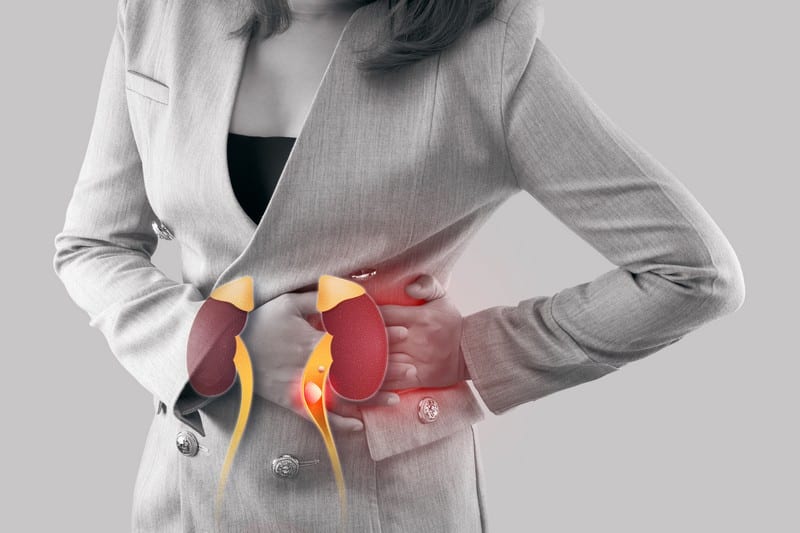Some people experience pain on either side of their body. If the pain is located in the lower back, between the ribs and the pelvis, it could be flank pain. But there are several organs located in this area, so it is not easy to pinpoint the exact cause of the pain. It could be due to a kidney problem when it is accompanied by urgent or frequent urination, blood in the urine, chills, and fever. It could also be an indication that the person has kidney stones. Likewise, it could be a sign of muscle strains and infection. Treatment for flank pain relies on the cause; thus, a person may need antibiotics, pain medication, or rest.
Flank pain causes discomfort to people, and a person could feel it worsening only on one side. Often the pain is temporary, but it could be a symptom of something serious if the pain becomes constant or its severity increases. For example, you could be suffering from a urinary tract infection or dehydration. Flank pain could also be due to back injuries that start from the spine and migrate to the flanks.
Know more about what causes flank pain in this article.
Kidney Stones

A common cause of flank pain is kidney stones. In the U.S., over half a million people have kidney stones, although only one in ten people develop a kidney stone. When you have a kidney stone, you will feel excruciating pain when the stone enters a ureter because it contracts in response to the stone. The movement causes severe pain similar to cramps in the lower back or the flank, which usually extends to your groin. You will likely experience the pain in waves lasting from 20 to 60 minutes. Then the pain stops. It may stop completely as the ureter relaxes. The pain will unlikely recur when the stone moves into the bladder.
Doctors call kidney stones urolithiasis or nephrolithiasis. The common ailment affects about one in five males and one in ten females when they reach age 70. Treatments for kidney stones are available, and they are effective in managing the condition.
Kidney stones form due to high uric acid, cystine, oxalate, or calcium levels in the urine. They can also form when these substances are at normal levels but you are not producing enough urine because you do not drink enough liquids.










